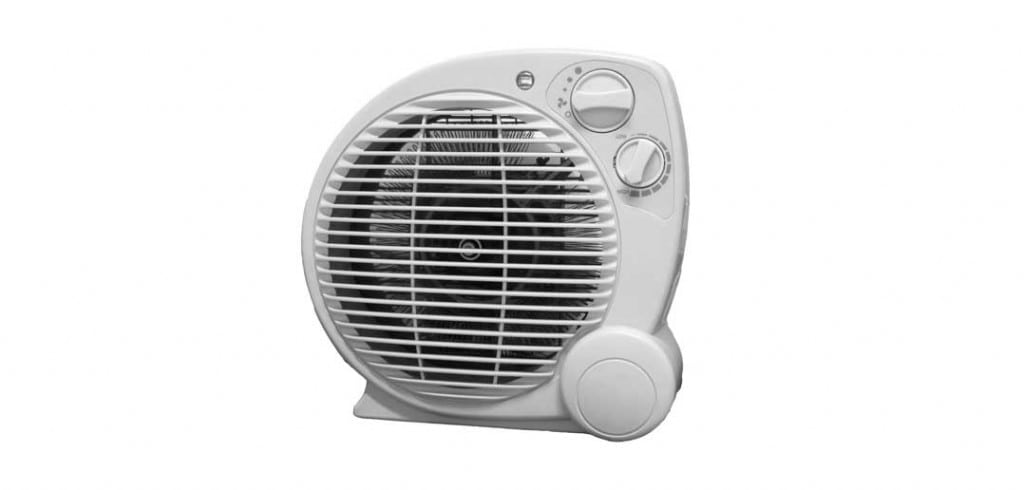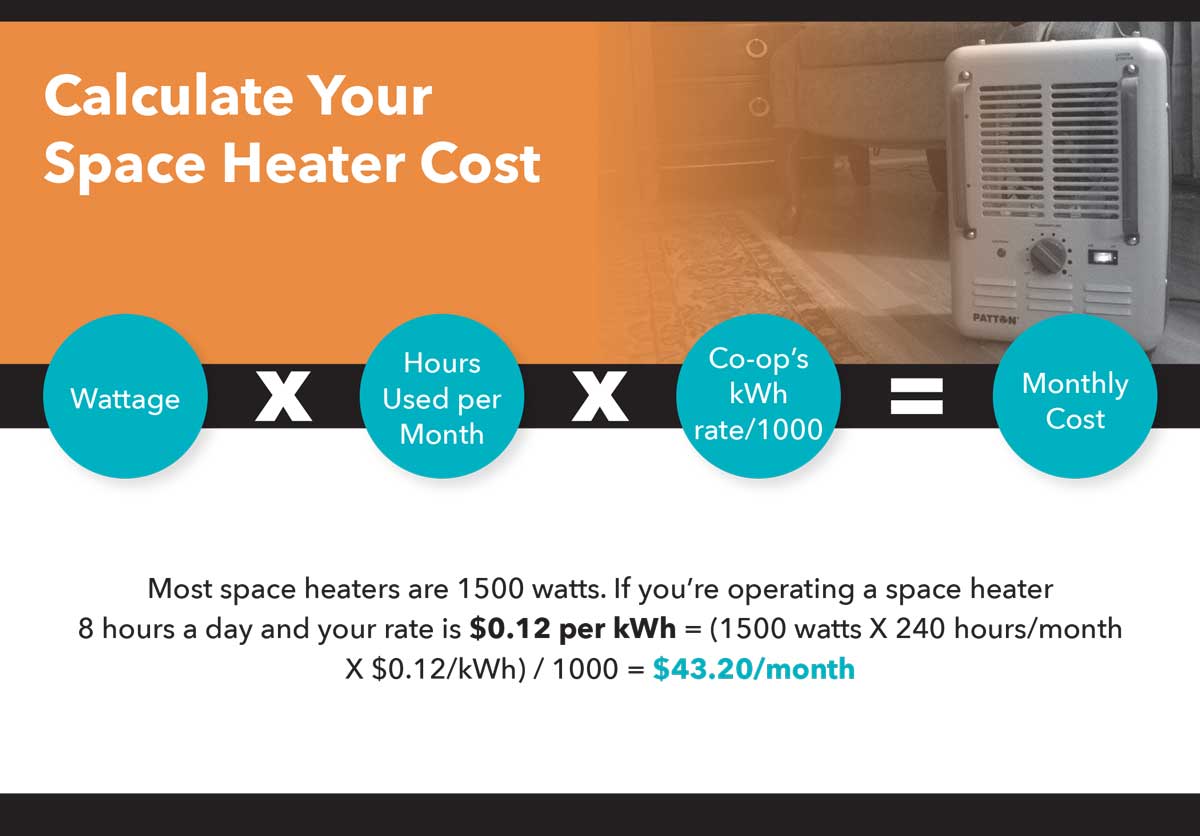Use your heaters efficiently
Dear Pat: It’s cold this winter! Instead of turning up my central heat, I’m considering purchasing a space heater to help warm my living room. I saw one in the store that is 100-percent efficient! What should I consider when choosing a space heater? — Arthur C.
Dear Arthur: It can be more cost-effective to run a space heater than to turn up your central heating, but if you’re not careful, you may increase your electric bill.
Generally, it is best to run a space heater when you need to heat just one or two rooms or if you need temporary heat in a normally unheated area like a garage or shed. If you have a particularly cold-sensitive person in the home, it can be more efficient to use a space heater in the room he or she most often occupies rather than overheating the whole house.
However, be mindful of the costs that these little heaters can add to your electric bill. Nick Rusnell, an energy advisor with HomeWorks Tri-County Electric Cooperative in Portland, Michigan, shared, “During an energy audit, I found three 1,500-watt heaters in the house of a co-op consumer with a high bill complaint. I did a cost analysis for him, and he was shocked.”
Do your own calculations for how much running one, two or three in your home would cost. And beware of the efficiency hype around space heaters: Electric space heaters are all 100-percent efficient at turning electricity into heat, but an ENERGY STAR-rated air-source heat pump can be 300-percent efficient!
If a space heater is right for you, remember a few things to save energy and money:
- If you’re using a space heater to heat the one or two rooms you use most, turn down your central heating so you don’t heat up rooms you aren’t using.
- Close doors to rooms that are being heated to avoid heat loss.
- Turn off the heater when not in use, or get a space heater with a timer feature.
- Purchase a heater with thermostat settings, and use the lowest setting you are comfortable with.
- Select a space heater that is the right size for the space you need to heat; most will have a sizing table on the box.
Due to safety and air-quality concerns, portable propane and kerosene space heaters are not recommended for use in a home or other unventilated area. Even when installed properly, these types of heaters can emit low levels of carbon monoxide. Instead, look for an electric space heater; there are two main types:
- Infrared heaters radiate heat to the objects and people directly in front of them rather than the air in the room. If you are often sitting in one place such as at a desk, this can be a good option. Note that the surface of one of these heaters can get very hot.
- Convection heaters warm and cycle the air in a room. These heaters are relatively quiet and can be warm to the touch but not so hot as to burn you. Some models use fans to push the air over warm coils; these heaters can warm a room faster but are usually noisier.
If you need a space heater to keep your home comfortable, this may be a sign that your home needs insulation or air-sealing, both of which can be great investments and significantly reduce your energy bills. You can consider simple, short-term measures:
- Replace weather stripping around drafty doors and windows.
- Hang thermal curtains or blankets or install window film.
- Use rugs to cover uncarpeted floors.
In the longer term, increasing your home’s insulation or switching to a more efficient heating system such as a ductless heat pump can be more cost-effective solutions. A good energy auditor can help you figure out the best measures to take to keep your home comfortable. If your co-op offers free or discounted home audits, take advantage!




